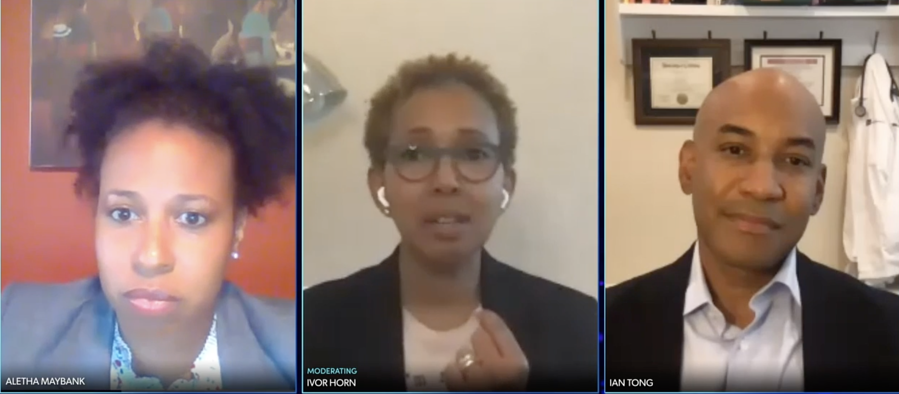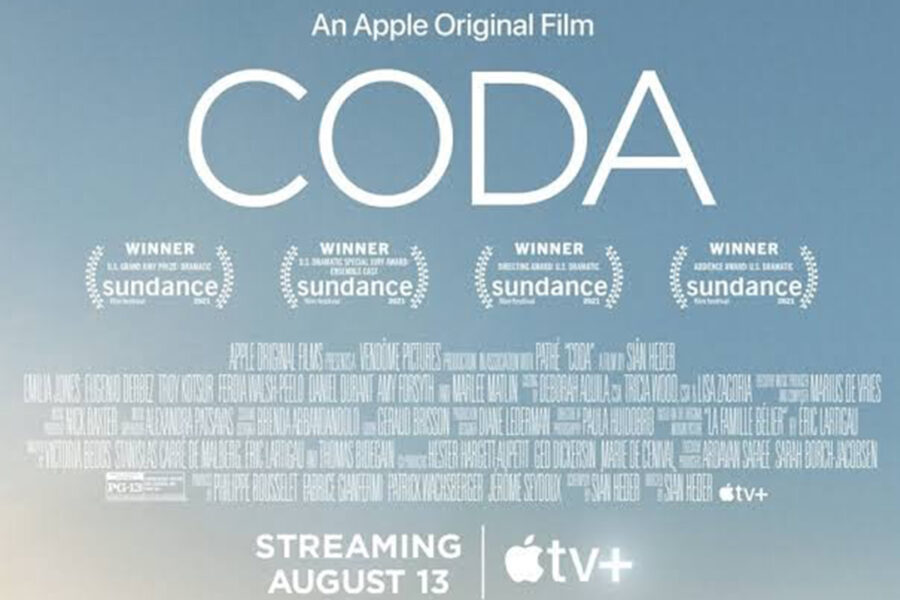Last week the Ad Astra team attended the HLTH VRTL 2020 conference. With over 4,000 virtual attendees and a diverse representation of government, academic, and tech companies, this event could not be missed! Billed as an “all-inclusive, long overdue forum for the healthcare ecosystem…,” this virtual summit was a prime example of a highly engaging and healthcare-centric event.
Housing a broad range of knowledgeable speakers from the government, private and public sector, research institutes and academia, and pop culture, there was something for everyone. Government and Healthcare’s combined efforts to deal with 2020 COVID-19 pandemic was the event’s overture. There was a chorus of health equity, racial inequity in healthcare systems, the politics of creating a vaccine, and the often-overlooked importance of mental health and self-care, HLTH made sure to deliver critical content and sessions over its 5-day run.
The Medium is the Message
Our excitement to participate in an event of this sheer scale was colored by concerns that engagement and enthusiasm just couldn’t translate to this format. We’ve tackled innumerable pandemic-era events on various platforms with few really delivering, October’s HIMSS Global Health Conference being a more recent digital standout. Our concerns were allayed though! Prior to the event’s start, the HLTH account was steadily promoting and engaging with participants and speakers alike via Twitter.
 The HLTH Slack channel bringing people together
The HLTH Slack channel bringing people together
This online enthusiasm set the tone! A conference Slack channel was created for attendees by HLTH. Participants had the opportunity to network, chat about topics of interest, and follow along to keynote speakers in this open air forum. Some of us (ourselves included!) even made custom Slack channels to discuss things like translation in healthcare and Telehealth. Though there was no end of day cocktail and connecting at the hotel restaurant, we really felt a sense of connection and shared excitement almost on par with a brick and mortar event.
No Patient Left Behind
The powerful, rapid change that COVID spurred on for healthcare delivery was a major touchpoint for many of the panels and discussions that filled the daily HLTH schedule. What made the conversations more meaningful around this topic were the parallel conversations of how we ensure that these new delivery systems don’t fail our vulnerable populations and how they must account for centuries old racial disparities and lack of accessibility for non-White populations. “Recognizing and Preventing Racial Bias in Health” with Aletha Maybank MD (Chief Health Equity Officer of American Medical Association), Dr. Ian Tong (Chief Medical Officer of Doctor on Demand), and Ivor Horn, MD (Founder of IBH Health) tackled the tough questions around what the most effective means for stemming racial bias in healthcare are. A deep dive in to the history, policies, and psychology involved in disparity framed this critical topic.
 The “Recognizing and Preventing Racial Bias in Health” panel sets the tone for a key thread
The “Recognizing and Preventing Racial Bias in Health” panel sets the tone for a key thread
Conversations like “Democratizing World-Class Care through Digital Health Ecosystems” with Dr. Laurie Glimcher (President and CEO of Dana-Farber Cancer Institute) and Frans van Houten, (CEO of Philips) covered the precarious balance of increasing productivity and watching budgets in an already overstretched system, all while guaranteeing that patients receive personalized and speedy care. Factoring in engagement and how to get this care across the globe and to historically ignored communities was a key component of this critical discussion.
Taking Care of Each Other
A refreshing message of self-care despite the omnipresence of the pandemic was also a surprising thread. Every morning HLTH started with a Vinyasa Yoga, Health and Wellness Class sponsored by Dacadoo. “Building Mental Health into the New Model of Leadership” viewed the importance of mental health and support in corporate team structures. Brian Moynihan (Chairman of the Board and Chief Executive Officer of Bank of America) and Garen Staglin (Chairman & Co-Founder of One Mind) gave a leadership perspective on why it’s important to consider the private stress and burden the pandemic has put on workers and the role companies should play in expressing care and support for them. An unwell team is an unwell company.
Moving from the corporate leadership perspective we headed into the delivery methods and communities that most need access to mental healthcare support. “On a Mission for Mindfulness” discussed the booming market for app and mobile mental health care delivery, as well is the safeguards required to maintain their efficacy. “Meeting the Increased Need for Mental Health Services” with Corbin Petro (CEO & Co-Founder of Eleanor Health) described the troublesome trend of people collapsing under the pandemic stress and despair with substance abuse and other dangerous coping habits. It is critical that healthcare systems work to get mental health support to those in need of it and also factor in the histories that have often misdiagnosed or ignored the mental well-being of Black and Brown communities in America.
 Corbin Petro, CEO and Co-founder of Eleanor Health, discusses mental health delivery
Corbin Petro, CEO and Co-founder of Eleanor Health, discusses mental health delivery
Periphery to this topic was a conversation between Alyasah Sewell (Associate Professor of Sociology at Emory University) and Hedwig Lee (Professor of Sociology at Washington University in St. Louis and Associate Director of the Center for the Study of Race, Ethnicity & Equity) titled “Straight Talk on Race, Ethnicity & Policing.” This eye-opening and honest discussion brought a hard truth to the table. What stress factors does lethal policing and the on-going, seemingly incurable disease of racial strife in America do to its people? A sense of personal safety and a freedom in one’s community can have boundless positive effects on its residence. The social-political honesty we saw throughout HLTH communicated a deeper sense of awareness that we don’t often see at many of these types of events.
 Professor Lee and Dr. Sewell give the straight talk on race, ethnicity, and policing
Professor Lee and Dr. Sewell give the straight talk on race, ethnicity, and policing
The Future Fate of Telehealth
Conversations on cost-effectiveness and expansive, rapid delivery systems filled the days’ discussions. A volley between Mario Schlosser (CEO of Oscar) and Roy Schoenberg (President & CEO of Amwell) typified the two major corporate perspectives. One was of consumers having a transactional interaction as needed with a host of healthcare vendors verses a longitudinal care framework that’s steady and ongoing. A system free of a billable hours structure and that is closer to a guided, constant care-type in the patient’s life.
The many discussions of Telehealth as the new future made clear that the medium is here to stay. Telehealth can allow individuals to maintain their agency and get the care they need at home and when they’re available to receive it. Now individuals with disabilities and the elderly can receive healthcare on their terms. Gone are the days of a patient having to take a day off from work and drive an hour to see a doctor just to receive a prescription for some cold medicine. With this increased access though these systems, companies will have to think about the historical legacy of racism and healthcare inequity in this country and make concerted efforts not to propagate the same issues that have haunted and informed American healthcare. The future looks promising as long as we work together to include diverse perspectives and fight together for true healthcare equity. We cannot wait for next year’s HLTH 2021, whether it be virtual or in-person.







